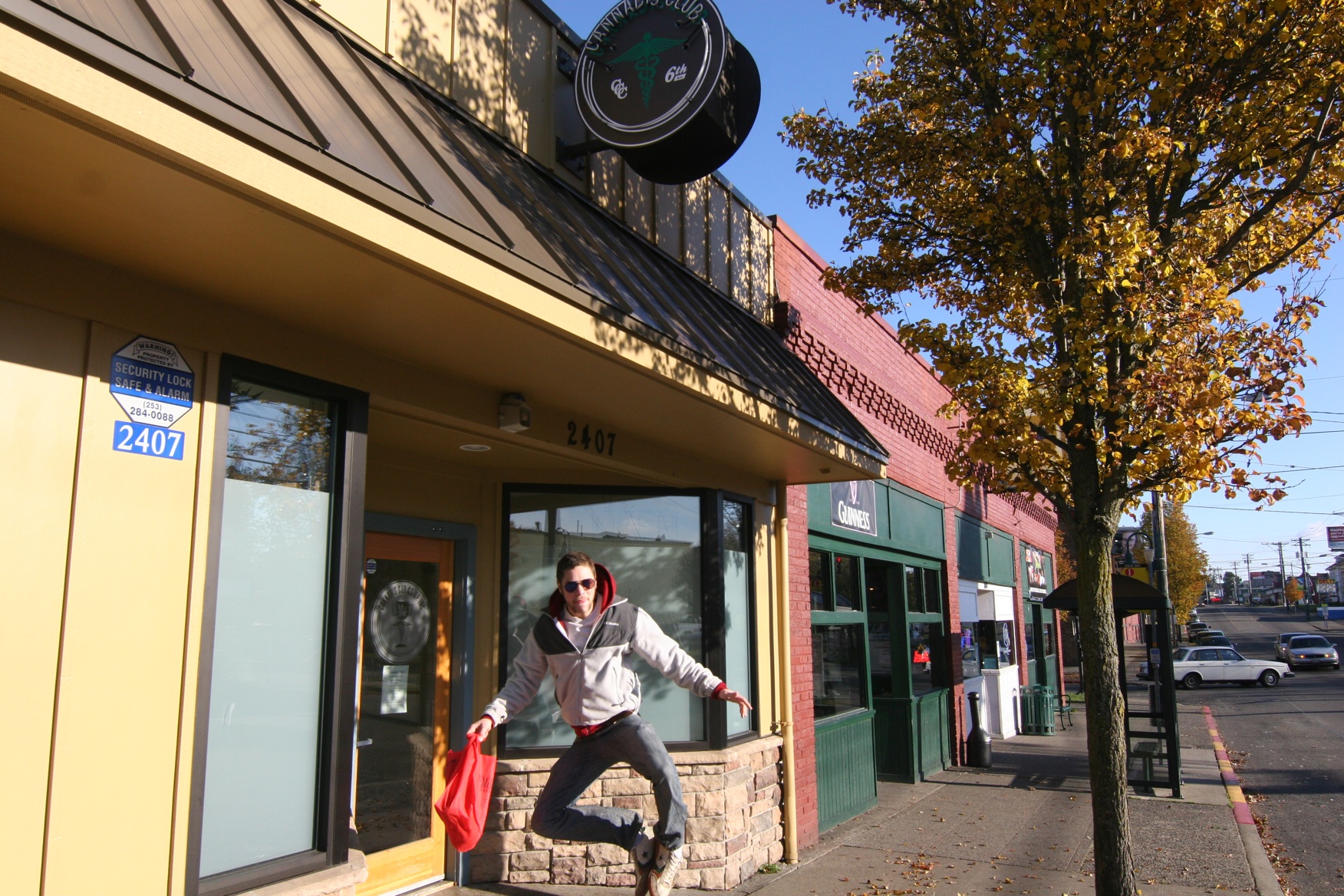It has always been illegal for one to possess a gun if they are abusive or addicted to marijuana or other controlled substances. However, are patients with medical marijuana cards considered “abusive users” or “addicts?”
The Federal Bureau of Alcohol, Tobacco, Firearms and Explosives (ATF’s) policy argues that if one uses marijuana, even if a medical professional prescribes it, one cannot buy a firearm. This stance violates medical marijuana users’ Second Amendment rights and a represents a serious misstep in the ATF’s war on drugs.
One must ask: where in the world does the correlation between firearms and medical marijuana begin, and how can the Second Amendment be used to support possessors of both?
Despite the fact that marijuana has been legalized in Washington, D.C. and 16 states, the federal government still classifies marijuana as a Schedule 1 controlled substance (subjecting it to the most stringent of regulatory rules set forth by the DEA). However, the connection between firearms and marijuana usage is a curious case itself and is still under scrutiny.
One could argue that the ATF has no choice but to reinforce this policy because of the public relations fiasco stemming from “Operation Fast and Furious” in 2009. As part of a clandestine initiative to trace the flow of illicit firearms from the United States to Mexico, the ATF allowed drug cartels to buy 2,000 guns from Arizona stores, but were ultimately unable to track the buyers as they had planned. Many of these guns ended up in the hands of violent traffickers, resulting in the murders of several people in the United States and Mexico.
Perhaps the correlation between drugs and firearms is more obvious in such circumstances. A recent article in “USA Today” notes that a letter summarizing ATF’s policies on medical marijuana users and firearms, sent last September to licensed firearms dealers, was a simple reminder of this relationship and claimed it was in no way a direct attack on medical marijuana patients. However, the letter in question caused uproar amongst both cannabis activists and those who simply rely on medical marijuana as a remedy for their severe ailments.
The policy itself is already a direct infringement on the rights of innocent medical marijuana users, a phrase I use exclusively to refer to legitimate prescription-holders who actually need marijuana, whether it be to eliminate pain or help sleep deprivation.
The system in place for gun vendors to determine whether their customers use marijuana is completely inept. Sellers give each of their customers a form that asks if they use marijuana recreationally and/or for medical purposes. While customers’ self-report grants them the power to answer how they wish, the most controversial part of the process is that firearms dealers have the right to simply assume someone is using marijuana and can then deny them service without having to prove their assumptions.
This policy may even be more frustrating for the firearms dealers than for marijuana users, desipite the fact that treating assumptions as facts is fallacious. While firearms dealers are under strict guidelines to not sell guns to people who use or abuse controlled substances, how can they justifiably determine, just from appearance and conversation, whether or not the customer uses marijuana? Will they assume wrongdoing more often to avoid getting in trouble? The whole system is extremely disorganized.
The ATF should be asking which is the more dangerous of the two: guns or marijuana? On the one hand, nobody wants 2,000 guns falling into the hands of drug cartels. A recent article in “Phoenix New Times” gives some food for thought that I think the ATF would benefit from digesting: if medical marijuana were legalized at the national level, drug cartels would lose their business and their need to maintain their activities via the use of guns.
Of course, the ATF won’t apply this reasoning to current laws because by the book, medical marijuana is still a Schedule 1 controlled substance. They will continue to slight citizens’ rights and resist expanding the scope of their safety. I look forward to the day that guns themselves approach that level of illegality.

